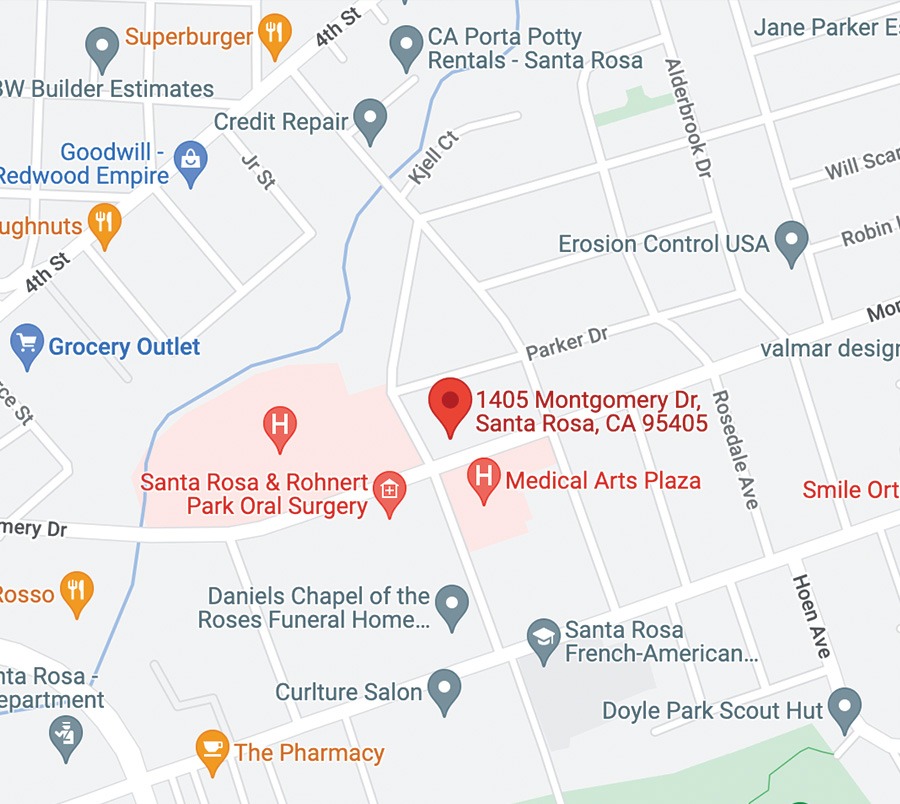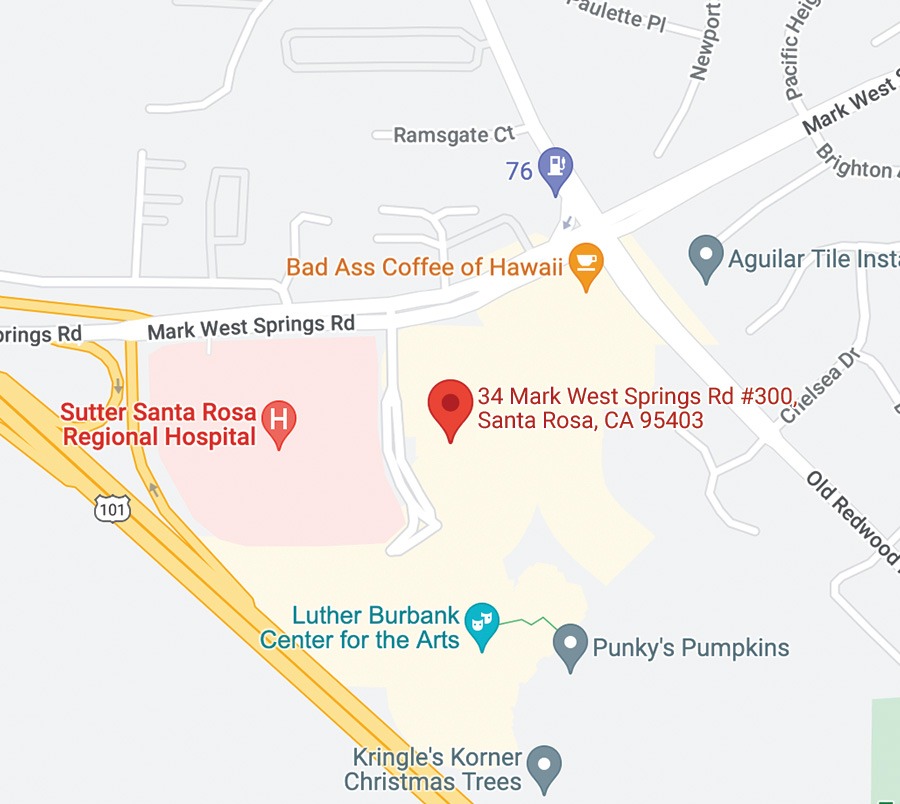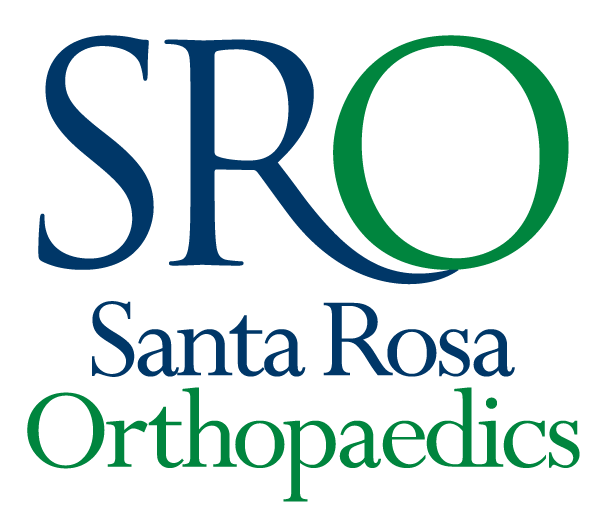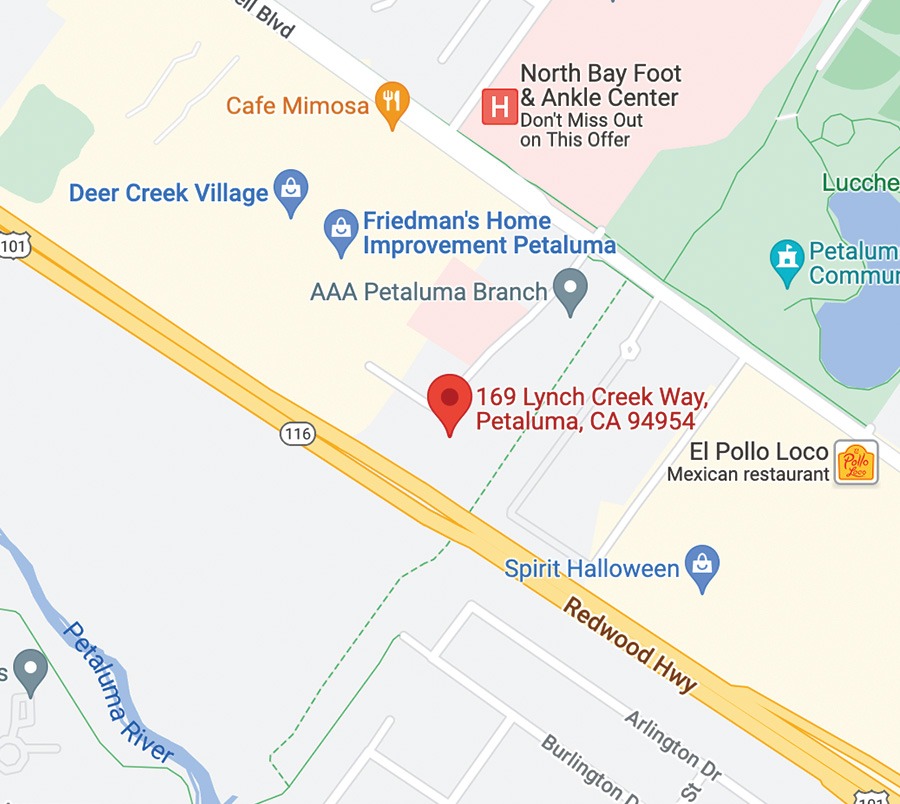Dr. Mark Schakel of Santa Rosa Orthopaedics discusses the importance of treating foot and ankle injuries as highlighted by recent AOA study.
A clinical review just published by the American Osteopathic Association advises that misdiagnosed injuries of the foot and ankle can very well lead to arthritis, chronic pain and long term disability – all symptoms that can be avoided when injuries are properly diagnosed and treated at the outset. The study highlights the necessity of involving orthopaedic specialists to determine the severity of an injury that might otherwise be missed by frontline healthcare providers.
Highlights from the study
Published in the February edition of the Journal of the American Osteopathic Association, the study by orthopedic surgeons advises caution and urges the use of additional imaging and second opinions when dealing specifically with six common foot and ankle injuries generally associated with snowboarding. They suggest that frontline healthcare providers seek opinions from an orthopaedic surgeon as misdiagnosis often results in poor long-term patient outcomes, including arthritis and disability.
“This is an important point for emergency room physicians to consider,” says Mark Schakel, M.D. orthopaedic surgeon, director of the Santa Rosa Orthopaedic Foot & Ankle Program as well as Santa Rosa Memorial Hospital’s Foot and Ankle Trauma Services director. “When you’re dealing with foot and ankle injuries where symptoms can be misleading and diagnosis difficult to nail down, it’s important to go the extra mile and get a second opinion. Misdiagnosis of these types of injuries can have unfortunate consequences for the patient.”
The clinical review presented by the American Osteopathic Association outlined subtleties that complicate identification and treatment specifically of snowboarder’s fracture (lateral talar process fractures) as well as os trigonum injuries, Lisfranc injuries, turf toe, navicular stress fractures and syndesmotic injuries.
Foot and ankle injuries are more common than one might think
Each year more than 3 million emergency room visits are related to common foot and ankle injuries in the U.S. They are common in people from all lifestyles including top-performing athletes as well as the more inactive among us. Statistics indicate that as many as 75 percent of Americans will experience some type of foot problem in their lifetime while about two million people are treated by orthopaedists for ankle injuries alone. No matter what the cause, injuries of the foot and/or ankle that are not accurately diagnosed or are improperly treated can lead to significant functional disability. This may affect quality of life and in some cases, impact one’s ability to accomplish everyday tasks.
Analysists of the study noted that injuries related to untreated snowboarder’s fractures are often associated with future arthritis, and severe pain and disability appearing years after the injury. “Improper treatment of foot and ankle traumas are commonly known to result in compensation injuries and cause other issues including tendinitis and recurrent ankle sprains,” explains Dr. Schakel. “Although some foot and ankle injuries require surgical intervention, in most cases they can be remedied with treatments including medication, immobilizing foot, applying ice and of course rest followed by physical therapy.”
About SRO’s Foot and Ankle Program

Mark E. Schakel, M.D.
SRO’s Orthopaedic Foot and Ankle Program provides state-of-the-art care for all types of problems related to the foot and ankle. This includes, but is not limited to, trauma of the foot and post-traumatic reconstruction of the foot and ankle, foot deformities related to neuromuscular, arthritic and congenital conditions, tendon injuries of the hind foot and ankle, sports-related injuries and foot complications of diabetes mellitus.
The medical team at SRO’s Foot and Ankle program emphasizes the importance of a comprehensive evaluation to develop a proper diagnosis. Following diagnosis, the team implements the latest treatments and surgical techniques to restore function and relieve pain. To learn more visit the SRO website or call 707-546-1922.




